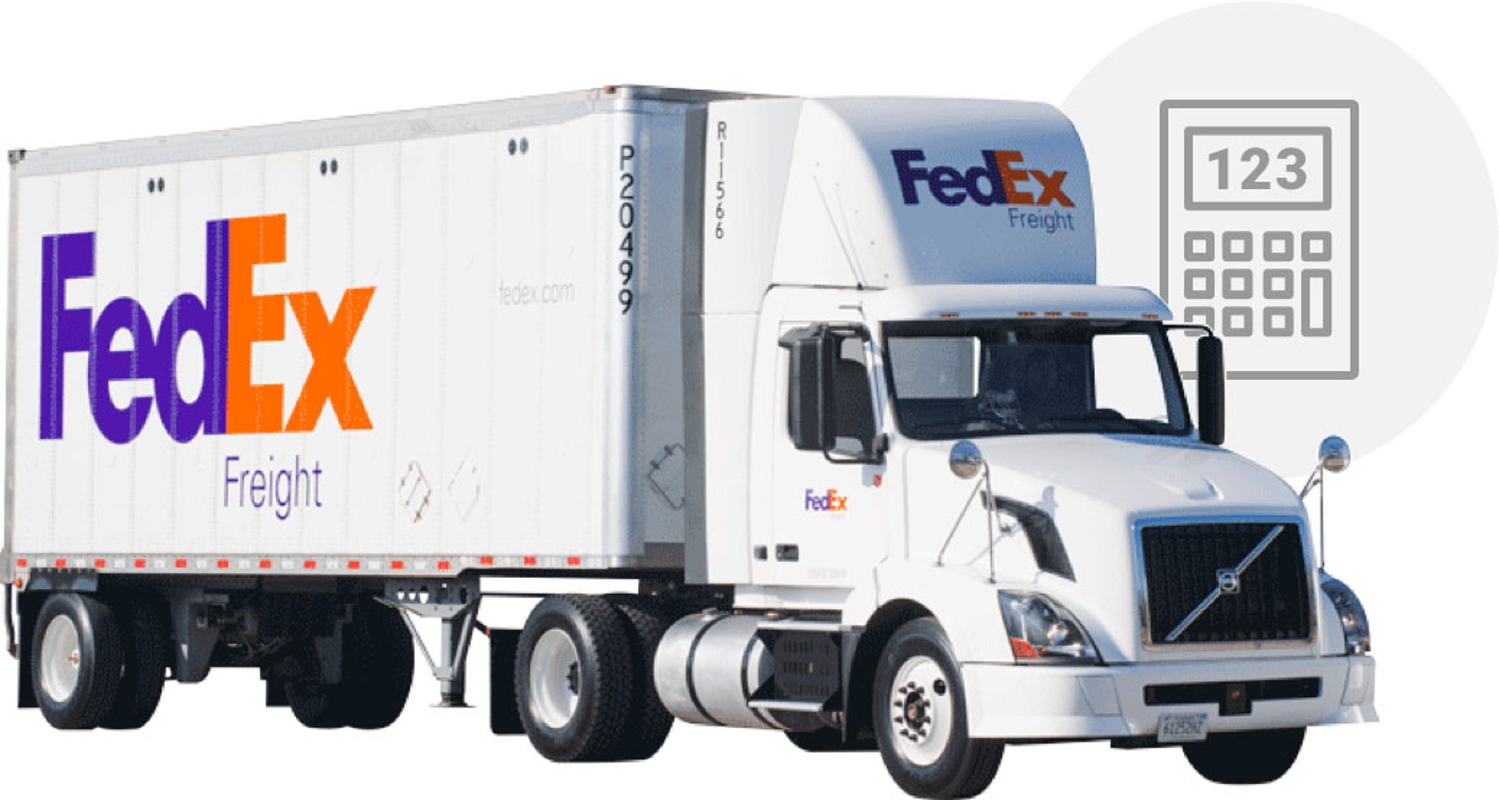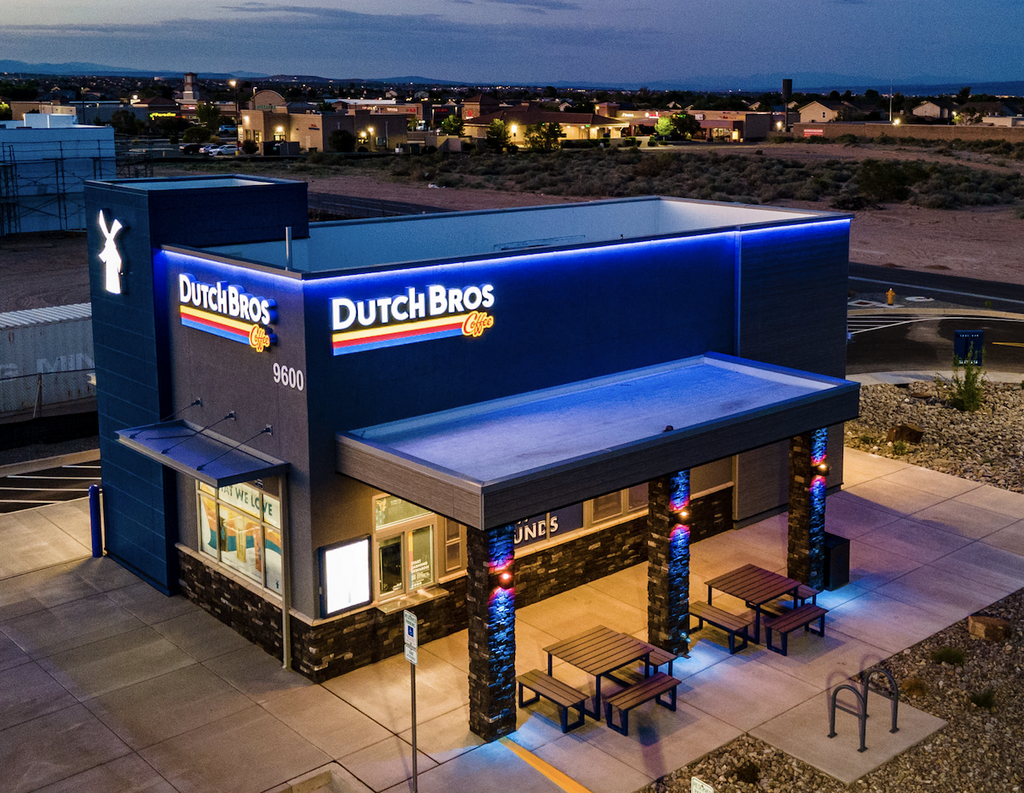
In an unprecedented move, the Teamsters union, representing more than 1.4 million workers across various industries, has opted not to endorse any candidate in the 2024 presidential election. This decision, while intended to reflect the divided political leanings of its members, could have significant consequences for the labor movement and the future of unions in the United States. By stepping back from the political fray, the Teamsters may be inadvertently paving the way for a nationwide push by Republicans to weaken unions through aggressive “right-to-work” laws and other union-busting tactics.
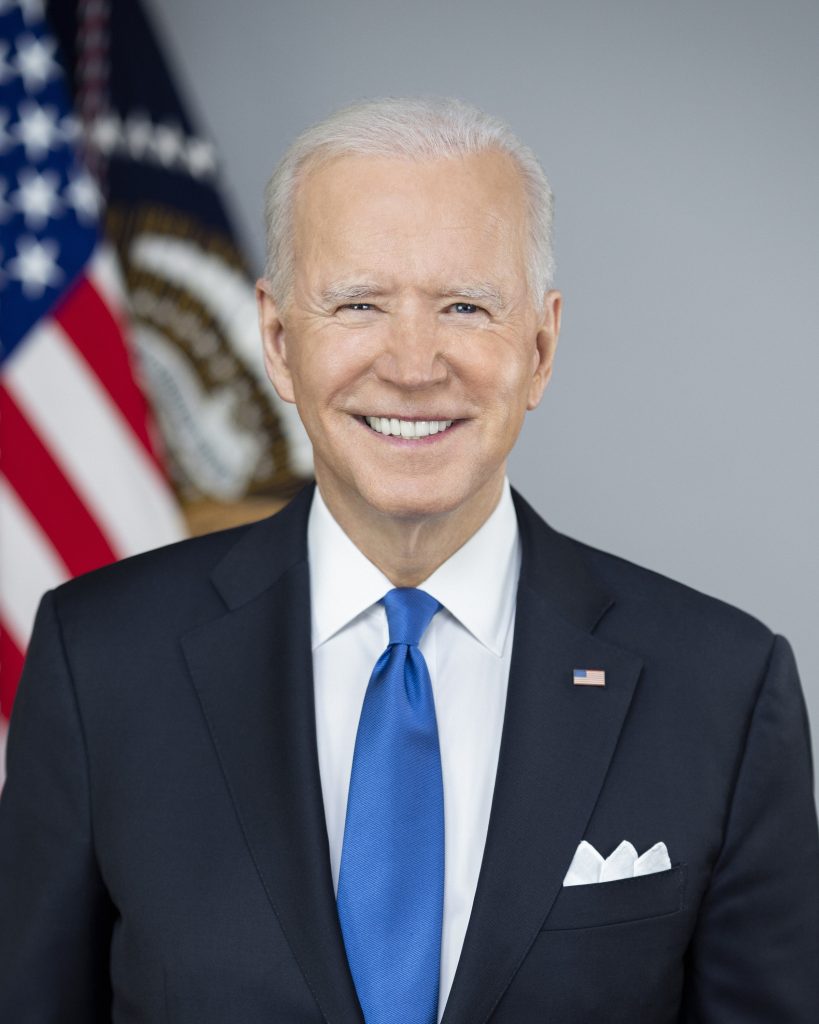
The absence of an endorsement from the Teamsters is a stark departure from their long-standing tradition of supporting pro-labor candidates. In past elections, the union has thrown its considerable weight behind Democratic candidates who have supported worker rights, fair wages, and strong labor protections. By sitting on the sidelines in 2024, the union is leaving its members vulnerable to the growing anti-union sentiment within the Republican Party.
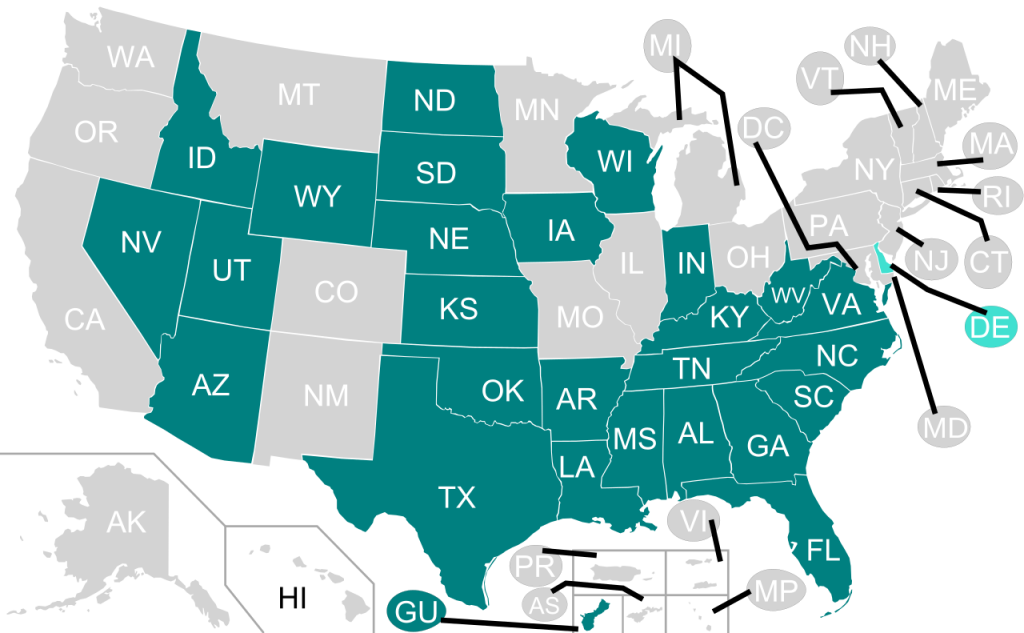
Republicans, emboldened by the lack of union opposition, have consistently pushed for “right-to-work” laws that make it harder for unions to collect dues and maintain bargaining power. These laws, already in place in 27 states, weaken unions by allowing workers to opt out of paying dues while still benefiting from union-negotiated contracts. This undermines the financial stability of unions and erodes their ability to effectively represent their members. With the Teamsters withholding their political influence, Republicans may seize this moment to expand “right-to-work” policies across the nation, further weakening unions.
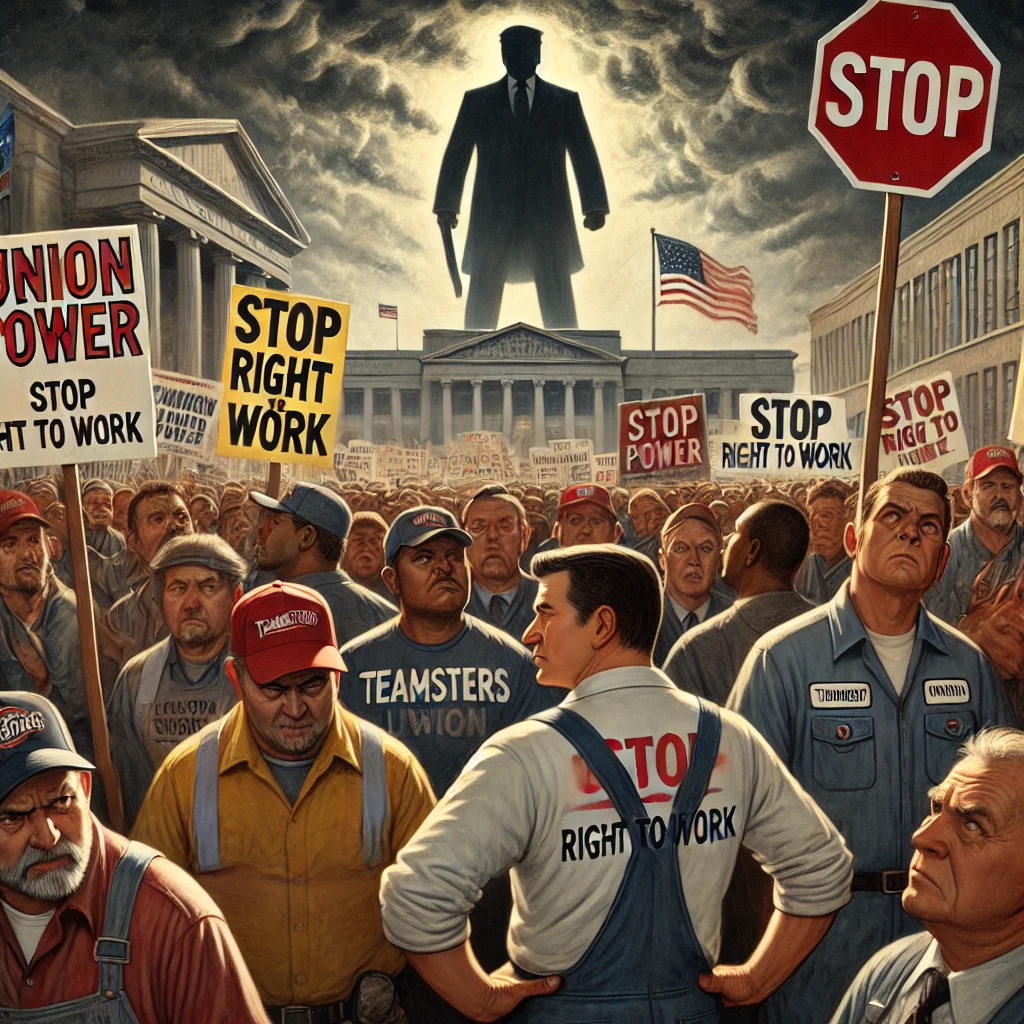
At the heart of this issue is the economic security of millions of American workers. Union members, particularly those in industries like trucking, warehousing, and logistics, rely on collective bargaining to secure fair wages, benefits, and workplace protections. The Republican agenda, however, has consistently prioritized deregulation and employer-friendly policies that limit union power. With a weakened labor movement, these workers could see stagnating wages, deteriorating working conditions, and diminished benefits.

The GOP’s focus on “right-to-work” laws and other anti-union measures is driven by the belief that these policies attract business and spur economic growth. However, studies show that states with “right-to-work” laws tend to have lower wages and fewer worker protections than those that maintain strong union rights. The Economic Policy Institute found that workers in right-to-work states earn 3.1% less than workers in states without these laws, even after adjusting for cost of living.

For the Teamsters, the decision not to endorse a candidate could signal internal tensions between members with differing political views. Some members may have been hesitant to support a Democratic candidate due to concerns over issues like taxes or government regulation. However, by not endorsing a candidate, the union is failing to present a unified front in defense of labor rights, potentially giving Republicans the green light to accelerate their union-busting efforts.
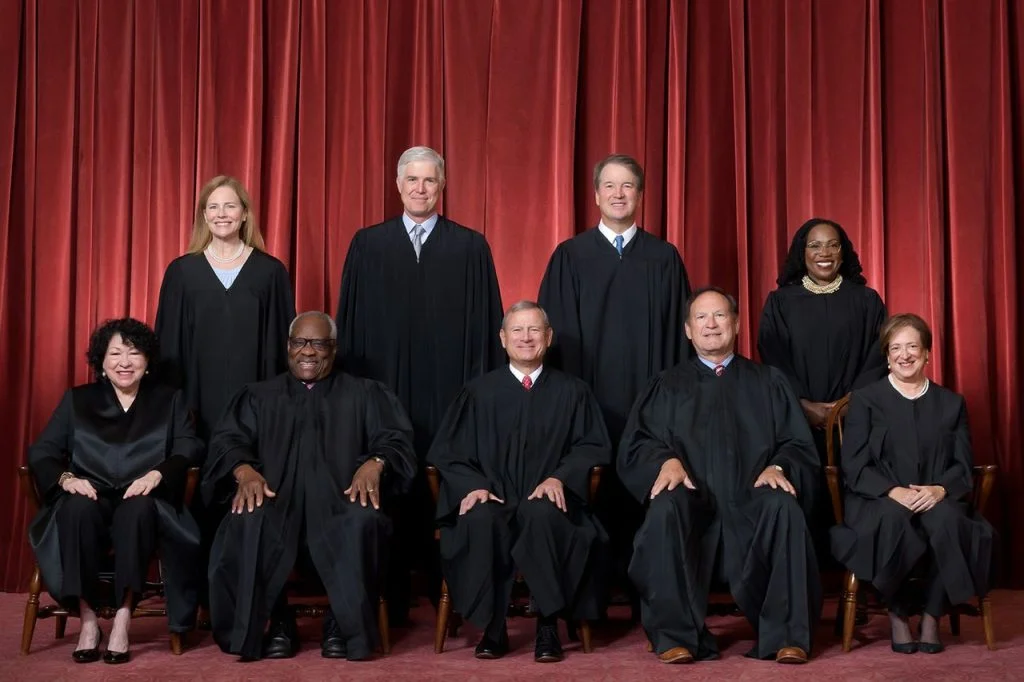
This could be a critical misstep at a time when unions are already under siege. The Supreme Court’s 2018 decision in Janus v. AFSCME dealt a significant blow to public sector unions by ruling that workers could not be compelled to pay union dues in unionized workplaces. This ruling emboldened Republican lawmakers and business interests to push for similar measures across the private sector. With the Teamsters’ silence in 2024, the risk of further erosion of union power looms large.

The consequences of a successful Republican campaign to implement nationwide “right-to-work” laws would be far-reaching. Not only would it weaken unions like the Teamsters, but it could also destabilize industries that rely on strong labor representation to maintain safe and equitable working conditions. Without the support of unions, workers in these industries may find themselves at the mercy of corporate interests, with little recourse for unfair wages, dangerous working conditions, or unjust labor practices.

The Teamsters’ decision not to endorse a candidate in 2024 is a gamble that could have significant repercussions for the future of the American labor movement. While the union may be attempting to reflect the diversity of its members’ political views, it risks leaving its members and workers across the country vulnerable to a concerted effort by Republicans to dismantle unions and strip workers of their rights. As “right-to-work” laws spread and union-busting efforts intensify, the absence of strong union support in the political arena could lead to a future where workers have fewer protections and less power to advocate for themselves.
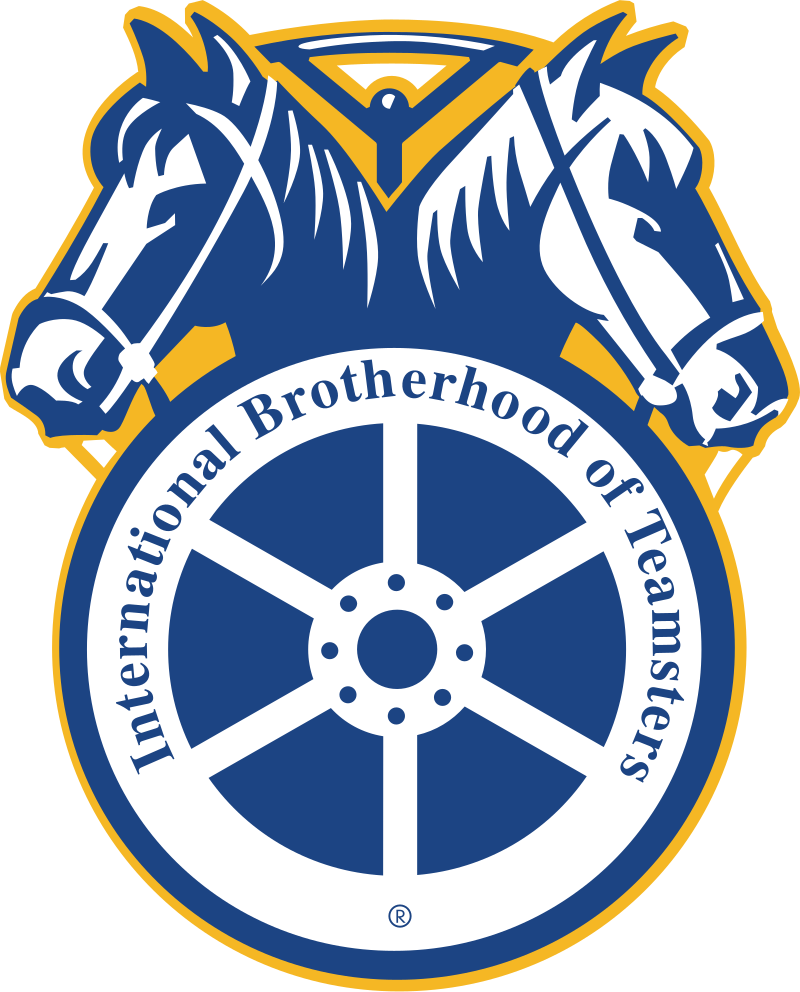
In the face of this growing threat, the question remains: will the Teamsters and other unions reassert themselves in the political process, or will they allow Republican forces to undermine decades of hard-won labor rights? With the future of unions hanging in the balance, the stakes for American workers have never been higher.

